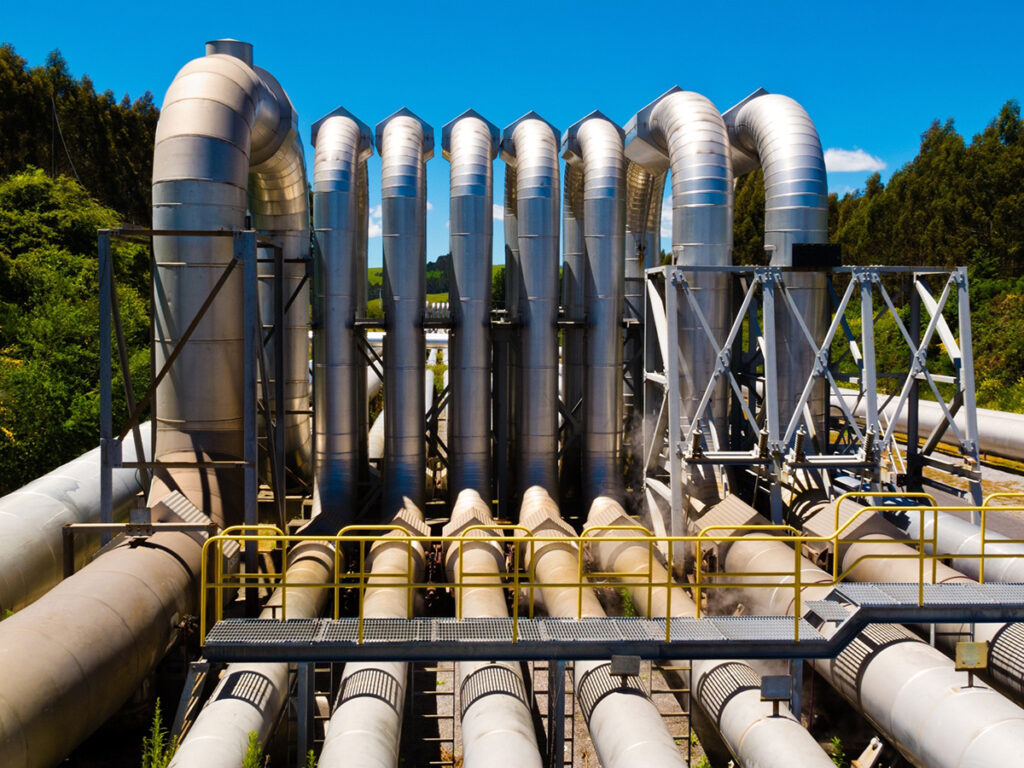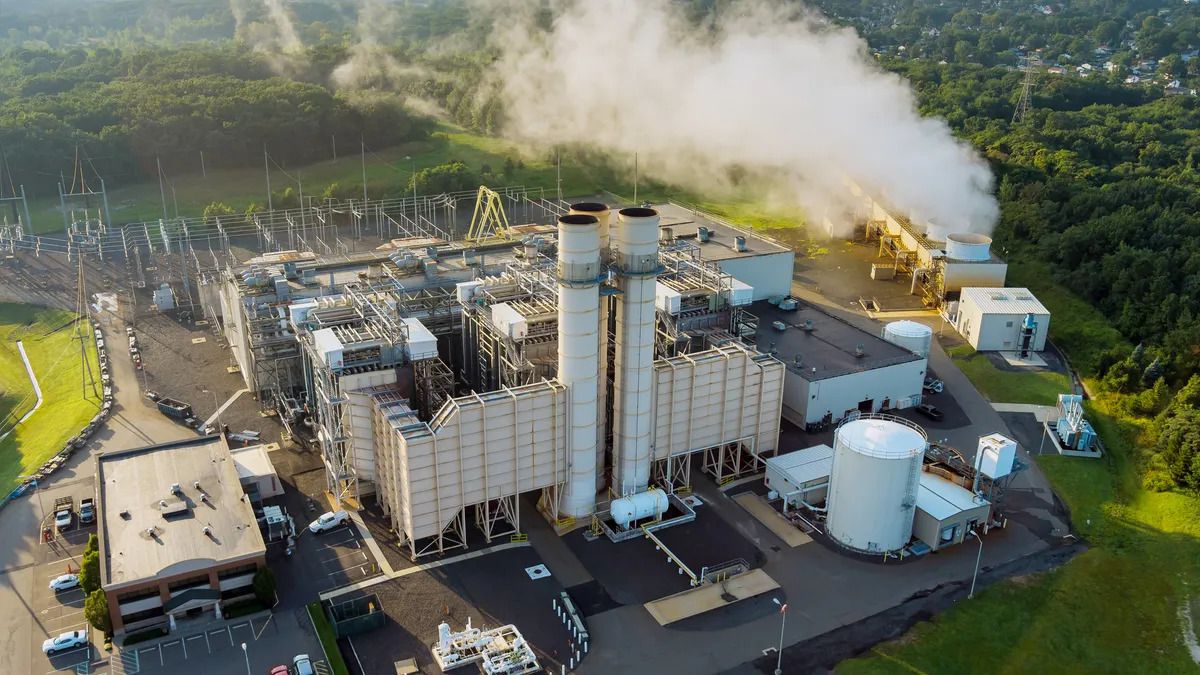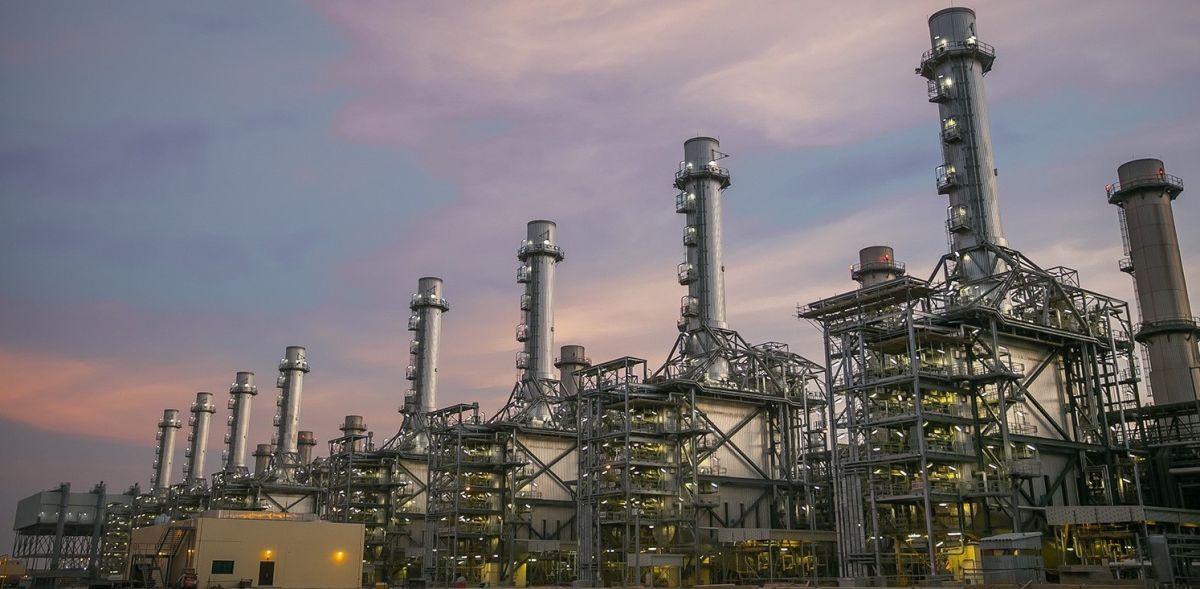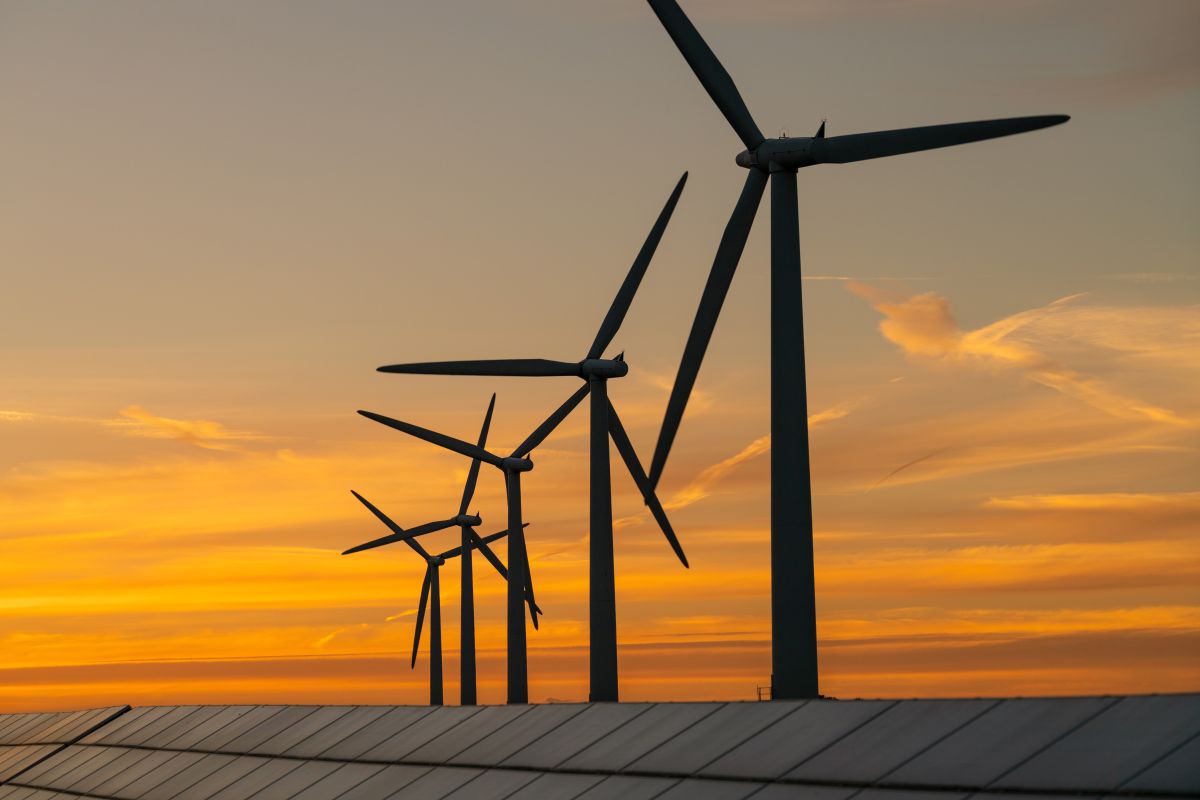WWW.UTILITYDIVE.COM
New combustion turbines “will only run when needed, meaning they’ll have very low emissions, in line with our long-term carbon goals,” said Xcel spokesperson Theo Keith.
Dive Brief:
- Xcel Energy on Thursday filed with Minnesota regulators a new clean energy plan for the Upper Midwest the utility says will reduce carbon emissions by up to 88% by 2030, relative to 2005, while raising customer rates less than 1% per year through 2040.
- The plan calls for the addition of 3,600 MW of new wind and solar and 600 MW of battery storage by 2030, 20-year operating extensions for Xcel’s Prairie Island and Monticello nuclear plants and expansion of the utility’s energy efficiency and demand response programs.
- Xcel’s plan also calls for 2,200 MW of new gas-fired peaking generation that critics say may complicate the path to meeting Minnesota’s requirement for a carbon-free electricity sector by 2040. Regulators will need to look closely at the proposal which includes multiple carbon-emitting resources, said Maggie Schuppert, campaigns director Clean Up the River Environment, or CURE, a rural social justice nonprofit in the state.
Dive Insight:
Minnesota has set a goal for utilities to supply 100% emissions-free electricity by 2040, and observers say it is not clear how Xcel’s plan will achieve that target.
“State regulators and the public will have to carefully scrutinize Xcel’s plan … which inexplicably includes new fossil fuel infrastructure including large gas peaker plants,” Schuppert said. “We’re also dismayed to see that Xcel quietly wants to keep its three so-called ‘waste-to-energy’ plants operating for a decade or more past their planned retirements.”
Xcel has three “Refuse Derived Fuel” generating plants slated to close in 2027: the 23-MW Red Wing plant and 20-MW Mankato plant, both in Minnesota, and the 18-MW French Island plant in Wisconsin. The utility has proposed extending their lives to 2037, 2037 and 2040, respectively.
“These plants not only add significant value to our system and help us achieve our renewable energy goals with reliable power, but also provide value to the local communities they serve,” according to Xcel. The utility said it plans to address the extension of these plants in an upcoming filing.
But “garbage is a dirty, inefficient, and carbon intensive fuel source that pollutes surrounding communities,” Schuppert said. “Minnesota should be moving away from burning garbage for energy, not doubling down.”
Xcel has made progress decarbonizing its system and says it was the first electric provider in the U.S. to set a vision to deliver all carbon-free electricity.
“Over the last five-plus years, we’ve put that vision into action by beginning our transition away from coal-fired generation and adding nation-leading amounts of renewable generation to our system. This plan represents the next step,” the company said in a statement.

The Minnesota Public Utilities Commission has recognized a need for up to 800 MW of new firm dispatchable resources in the near-term to serve our system and maintain a reliable grid, Xcel spokesperson Theo Keith said in an email. Xcel has put forward a suite of options to address this need, “which includes innovative hydrogen-capable natural gas-fired plants in North Dakota and Minnesota and a battery energy storage system in Minnesota, and our new resource plan confirms that need,” he said.
“In the near term, we believe gas peaking resources are the most effective and affordable way of meeting our need for ‘always-available’ energy,” Keith said. The new combustion turbines “will only run when needed, meaning they’ll have very low emissions, in line with our long-term carbon goals.”
Xcel also plans to file a certificate of need this week in Minnesota to support a 20-year extension of its Prairie Island nuclear plant.
In August, the Minnesota PUC voted unanimously to allow Xcel to store additional spent nuclear fuel at its Monticello plant, clearing the way for operations there to continue through at least 2040. The plant’s current license allows it to operate until 2030, and Xcel has asked the U.S. Nuclear Regulatory Commission for a two-decade extension. The NRC will also need to approve an extension of the Prairie Island license.
Xcel said its new Upper Midwest energy plan will lean on $5.7 billion in tax credits from the Inflation Reduction Act to help reduce the impact on customer bills. It will increase rates in the region by less than 1% annually, or “less than half of the expected national average increase in electricity prices,” Keith said.

Keith said Xcel’s average residential customer energy bills “have been below the national average for decades, and our electric bills were 28% below the national average in 2023.”












